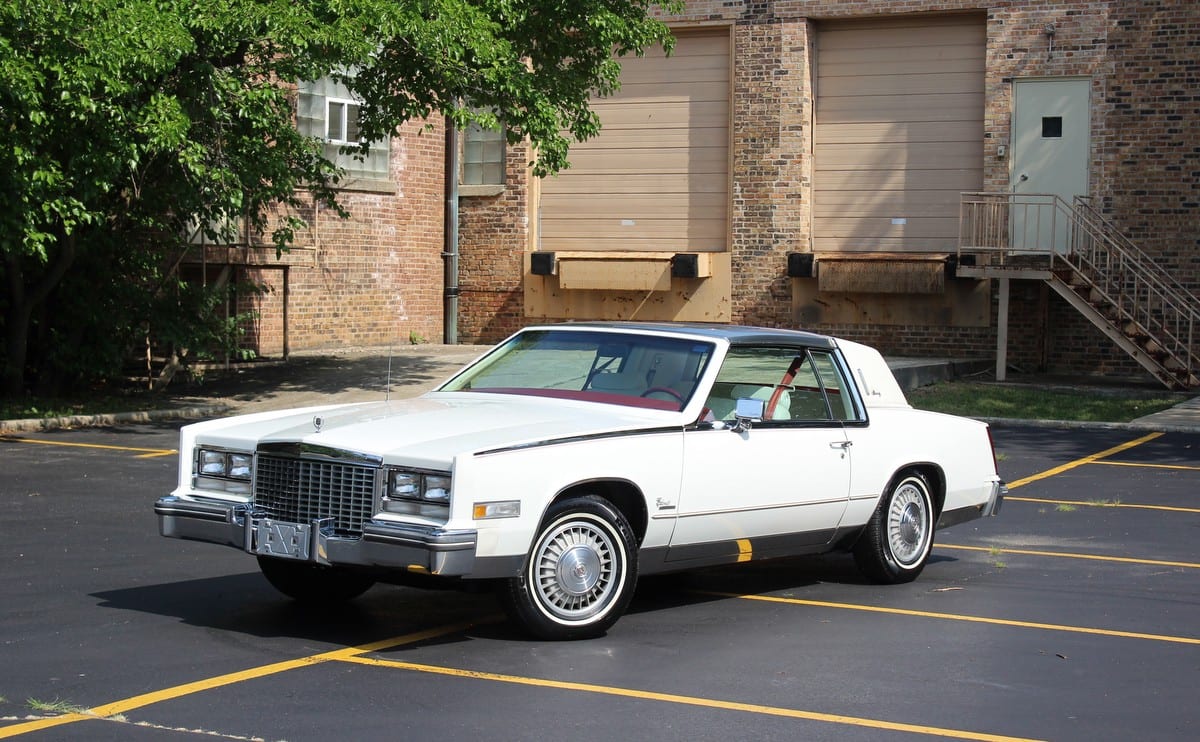Under Vermont law, the term “next of kin” is synonymous with “heirs”, “heirs at law”, “relatives”, or “family” when used in an applicable statute or governing instrument. See Chapter 14, Section 314 of the Vermont Statutes.
Next of kin in Vermont are generally the following people, in the following order:
- Surviving Spouse
- Children or descendants
- Parents
- Siblings
- Grandparents or descendants of grandparents
What Next of Kin Inherit Under Vermont Law When There Is No Will?
When a decedent in Vermont dies without a will, their next of kin or heirs at law inherit their probate estate assets. What next of kin inherit depends upon what relatives survived the decedent.
Surviving next of kin
| Share of estate
|
Surviving spouse, no descendant living | 100% of intestate estate to surviving spouse |
Surviving spouse, and all descendants are also descendants of the surviving spouse | 100% of intestate estate to surviving spouse |
Surviving spouse, and the decedent has at least one descendant who is not also a descendant of the surviving spouse | Surviving spouse receives one-half of the estate, and the descendants of the decedent share the other one-half the estate, by representation |
Descendants, no surviving spouse | Descendants inherit all of the estate with right of representation |
Parents, no surviving spouse, no descendants | Surviving parent inherits the entire estate |
No spouse, no descendants and no living parents | To the decedent’s siblings and the descendants of any deceased siblings by right of representation |
At least one living grandparent and no other heirs with a higher priority | One-half of the intestate estate to the decedent’s paternal grandparents equally if they both survive or to the surviving paternal grandparent; and one-half of the intestate estate to the decedent’s maternal grandparents equally if they both survive or to the surviving maternal grandparent and if decedent is survived by a grandparent, or grandparents on only one side, to that grandparent or those grandparent |
What Does the Right of Representation Mean Under Vermont Law?
When children inherit under Vermont law, whether intestate or with a will (unless the will states otherwise), Vermont law allows the survivors of a dead child to take the place of their deceased parent. (14 V.S.A. § 314(c)):
If property passes under this section by right of representation, the property shall be divided into as many equal shares as there are children or siblings of the decedent, as the case may be, who either survive the decedent or who predecease the decedent leaving surviving descendants.
Survival Requirement For Next of Kin To Inherit
Under Vermont law, a next of kin or heir must surviving the decedent for 120 hours (unless there is a will and the will states otherwise).
337. Requirement that individual survive decedent for 120 hours
Except as provided in the decedent’s will, an individual who fails to survive the decedent by 120 hours is deemed to have predeceased the decedent for purposes of homestead allowance, exempt property, intestate succession, and taking under decedent’s will, and the decedent’s heirs and beneficiaries shall be determined accordingly. If it is not established by clear and convincing evidence that an individual who would otherwise be an heir or beneficiary survived the decedent by 120 hours, it is deemed that the individual failed to survive for the required period. This section is not to be applied if its application would result in escheat.
If a next of kin fails to survive the decedent by 120 hours, the next of kin is considered to have predeceased the decedent for purposes of homestead allowance, exempt property, and intestate succession. The next of kin are determined accordingly.
What Does A Next of Kin Inherit From a Vermont Intestate Estate?
Just because you are a decedent’s next of kin and intestate heir does not mean that you will inherit anything from decedent’s probate estate. One reason is because the decedent may not have had any probate property. All of decedent’s assets may have been non-probate, such as joint bank accounts, jointly owned real property, or bank accounts with beneficiary designations. See the Assets of the Deceased Chart.
Sometimes, a decedent dies with a lot of creditors. Creditors can receive payment from the decedent’s estate, thereby diminishing, or eliminating, the share of a next of kin beneficiary.
A Vermont probate lawyer can help you determine your status as next of kin and whether or not you will inherit from a decedent’s estate.








